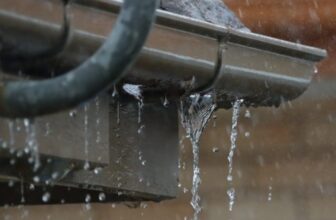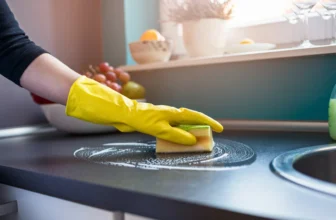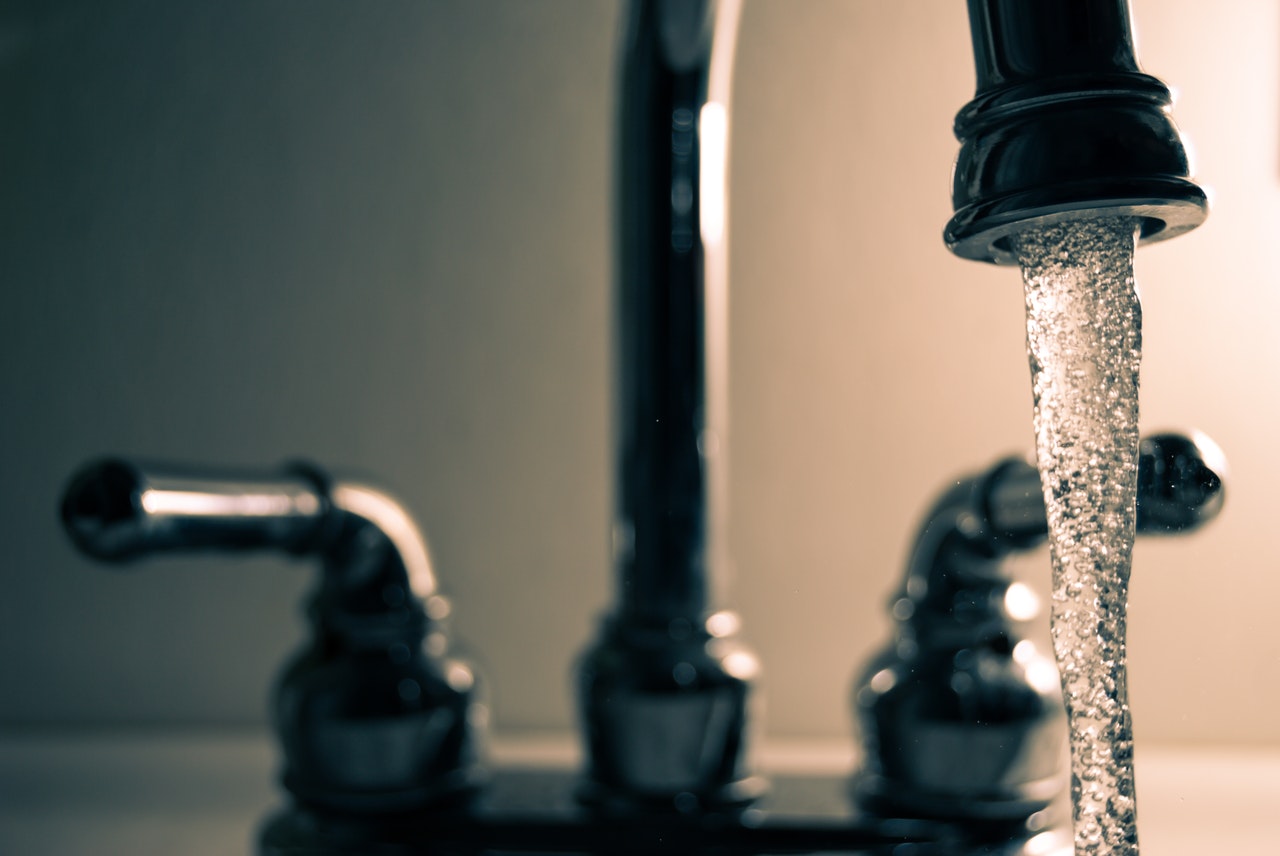
The tap water is not completely clear, even though it’s controlled through the way there. In one glass of fresh tap water, you can find calcium and magnesium ions, that are making it “hard”. You will recognize it if it easily slips through the skin when you have a bath, and you can hardly use shower gel because it doesn’t make foam. Also, the softeners for washing our clothes have to soften the water, so they can clean the dirt away and make them clean and refreshed. The process of softening means removing the particles of calcium, magnesium, and other substances that can be found there, so we can avoid cosmetics and soap waste.
The hard water can cause plumbing problems, which can be pretty expensive for the home budget. Some people are trying with Nanofiltration, but in some cases, chemical methods should be used, so the limescale can be cleaned, avoid corrosion. There are a few approaches to removing the hard layers of limescale, but you have to soften the water too, so you can avoid buildup in the future.
Table of Contents
How water softening works?
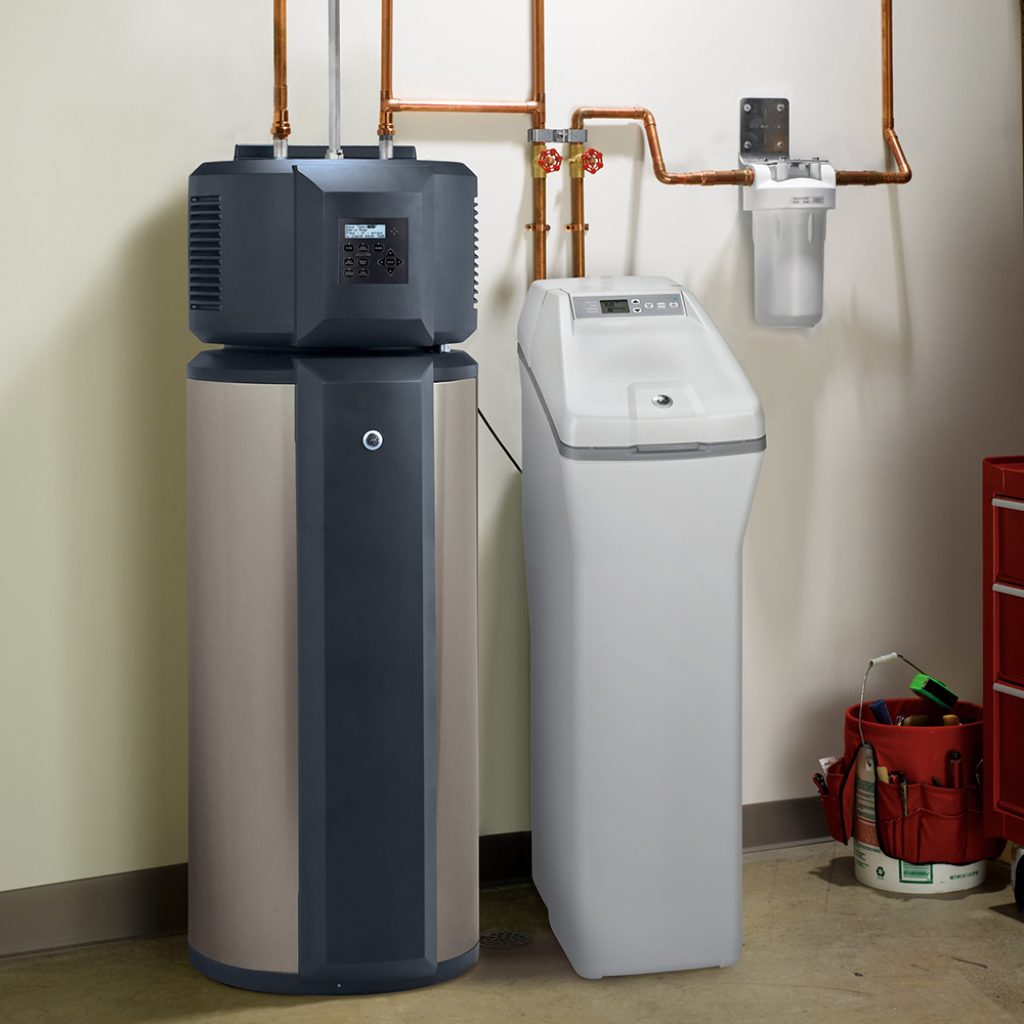
Source: philipglenister.com
The process of softening is replacing the magnesium and calcium ions with sodium ions, which won’t interfere with the chemical reaction of the soap or detergents. That will help them efficiently remove the dirt and stains, even the oil ones from your clothes or dishes, and you will need a smaller amount of it to do that. We’ve all seen that sometimes, no matter how hard we try, the stains and dirt are still there. We change a lot of soaps and detergents, even the body shower cosmetics, but the feeling that you are not completely clean, even after you already had a bath is still there.
In areas where the water is generally hard, the households are built in a way to have a softening container and mechanism at the place where the plumbing pipes enter your house. You can use, for example, a porous resin that attracts the positive ions from it, and when it comes to the tap, it’s already cleaned from most of the calcium and magnesium ions, and it’s soft for use. You will also get instructions on how to maintain the whole process, so it can stay efficient for a longer period. You can learn more about different types of softening mechanisms at tx5000waterontharder.nl, especially for those with a high level of calcium and magnesium in the liquid content. In some cases, the softeners work together with filters, so the bigger particles can be removed before it’s used.
Is this water safe to drink?
Generally, it is, but that also depends on the quality of the water in your area. If it’s too hard, then you have to avoid it, and use bottled water for drinking. The hard content can cause health issues, and even after the softening, you have to be very cautious with it.
Is it expensive for home use?
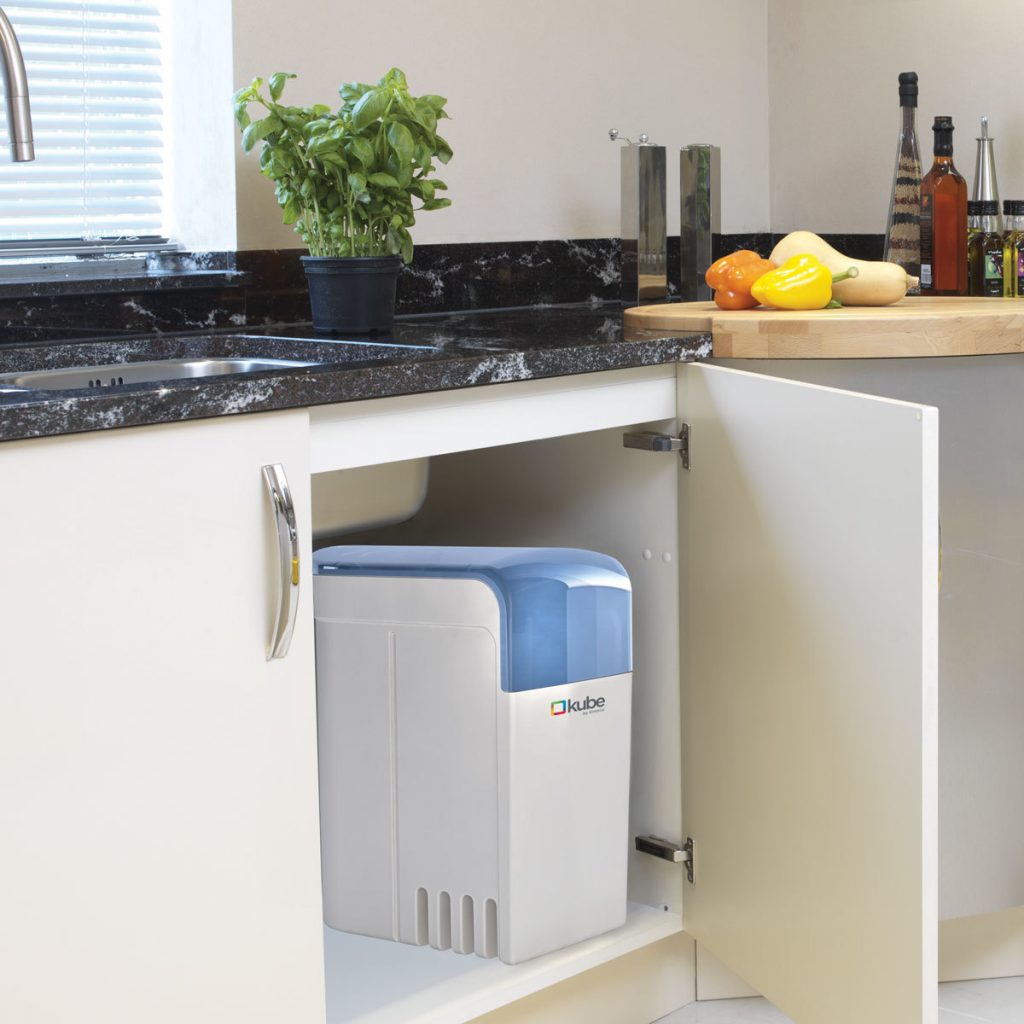
Source: residencestyle.com
The cost depends on the type of softener you will decide to use. The good thing is that the installation is generally durable, and you won’t need to replace it every year, but the maintenance can be an additional cost to your household. Professional filters with magnets can cost up to 500 euros, and you will have to use salt tablets, similar to those you are putting in your dishwasher. Electric softeners are cheaper, but they prevent building up the limescale, without lowering the concentration of ions much.
In the world, the most anticipated way is the resin method we explained above. The resins are polymers that attract the ions, and they may contain zeolites, which are very common in laundry detergents. The ion exchange method is practical and easy for maintenance, and it’s pretty affordable. The resins pears should be washed with salty water every few weeks, then rinsed and drained before put back in the tank.
Some people that want to improve the quality of the water, but don’t have that big issue with the hardness may use lime softening, distillation, or washing soda method. Also, the chelating agents are there to chemically soften the water. We can find them in commercial laundry detergents, shampoos, and shower gels, and also in other household detergents, for example, dish soap or cleaning solutions for the floor or tiles.
You can also try to estimate the hardness by measuring it, or inviting professionals who have the right equipment to do that before you decide to invest in some type of softener. Having this information is helpful when you have to choose the type of softener you will use in your household. For professional choices, you have to be ready to spend more money for better installation and efficient machines.
Benefits of the soft water
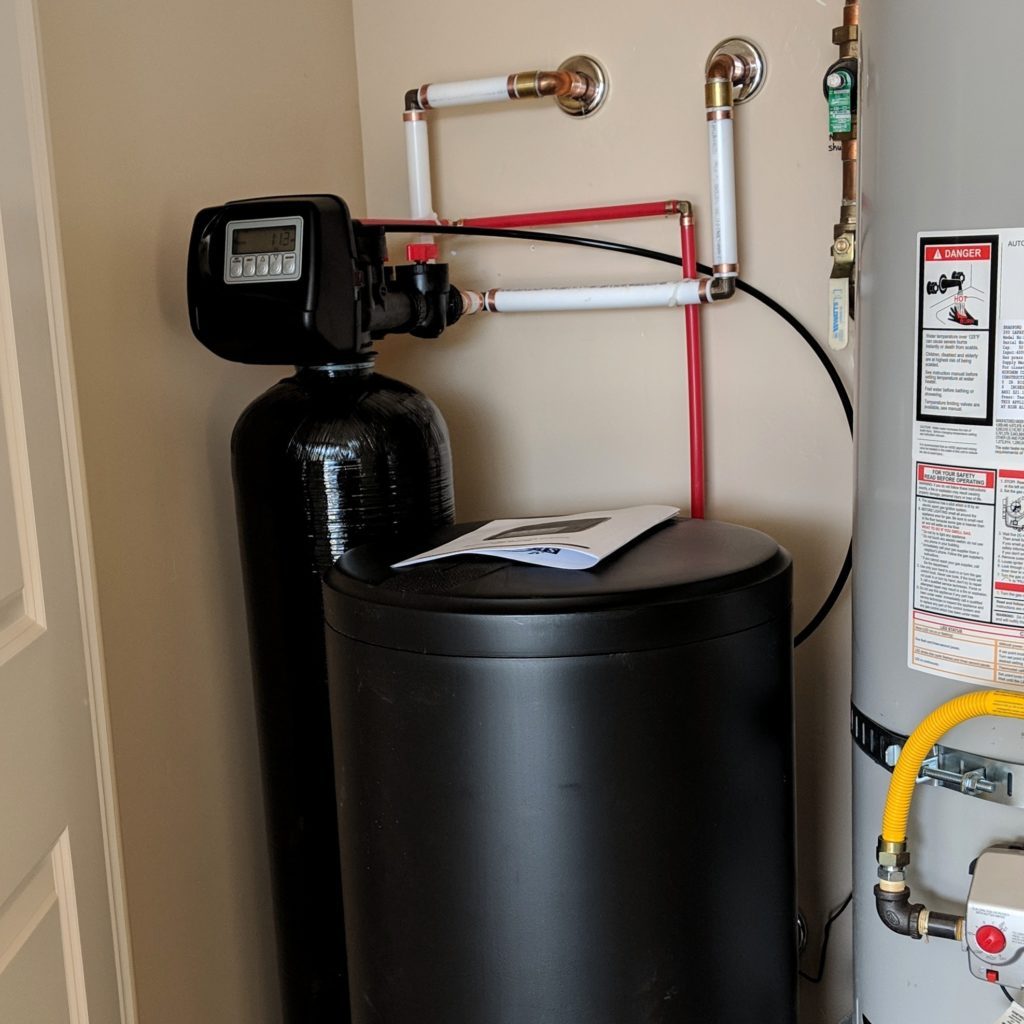
Source: peoples.plumbing
Once you invest in it, you can say you are done with the boring and annoying limescale that is affecting the taste and quality of the water, or even causing an unpleasant smell sometimes. You will also save money on soap and detergents, and you will need less water to completely clean or wash your clothes. Another benefit is that after the softening process, the water will be more suitable for people with sensitive skin.
Even if you don’t have sensitive skin, you will see that you need fewer skincare cosmetics to make it shine. It’s also beneficial for the hair because soft water means soft hairs and less dandruff.
After a few weeks, you will see that you use less dish soap or shampoo, and they work much better than before. When it’s soft, it fights against the dirt more efficiently, and you don’t need to scrub and rinse a few times until something is completely clean.
In the end, we recommend you not to consider this as a household expense – it’s an investment that can be hard for your home budget initially, but you will see and feel the benefits in just a few weeks, and the best thing is that it’s a long-term solution for a better life, health, and well-being.



